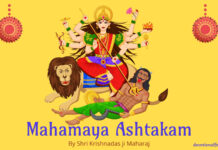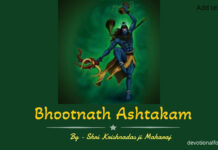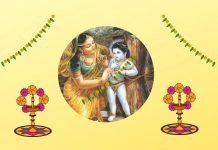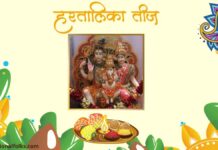ABOUT US
© 2025 DevotionalFolks.com — Your online home for devotional songs, mantras, bhajans, aartis, and spiritual inspiration. Spreading peace, positivity, and divine energy worldwide.
contact us: contact@devotional,com
© Newspaper WordPress Theme by TagDiv














Recent Comments